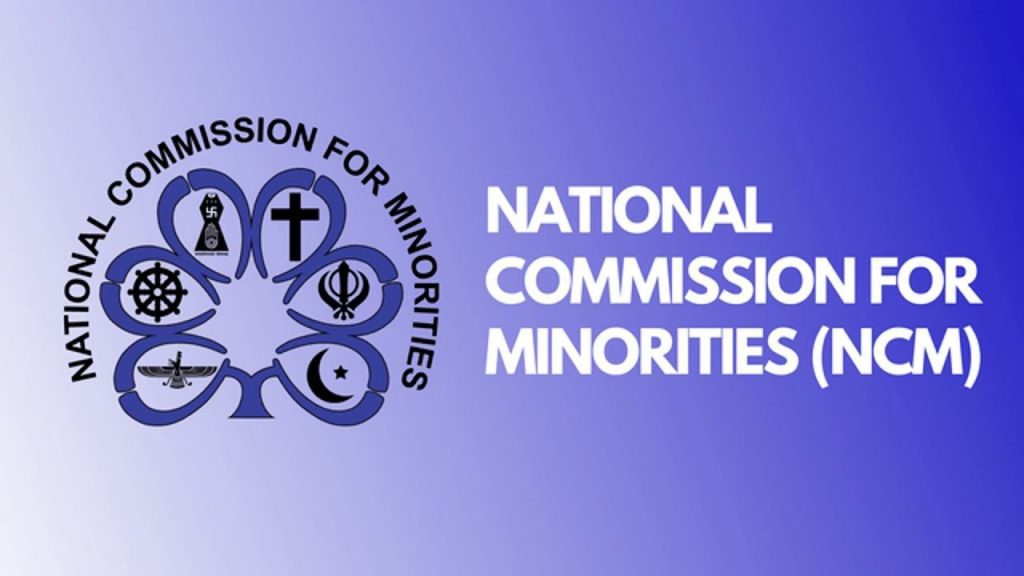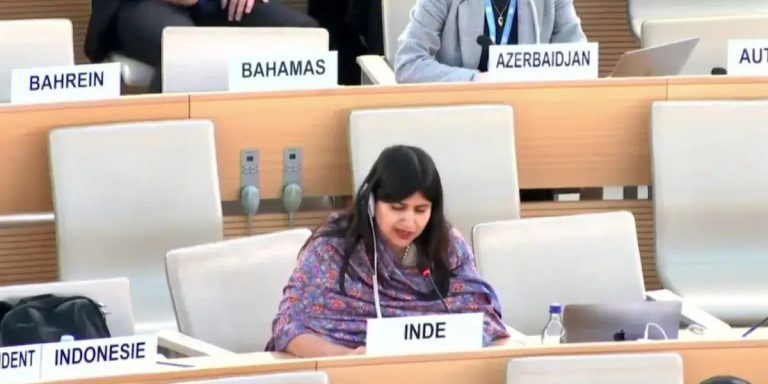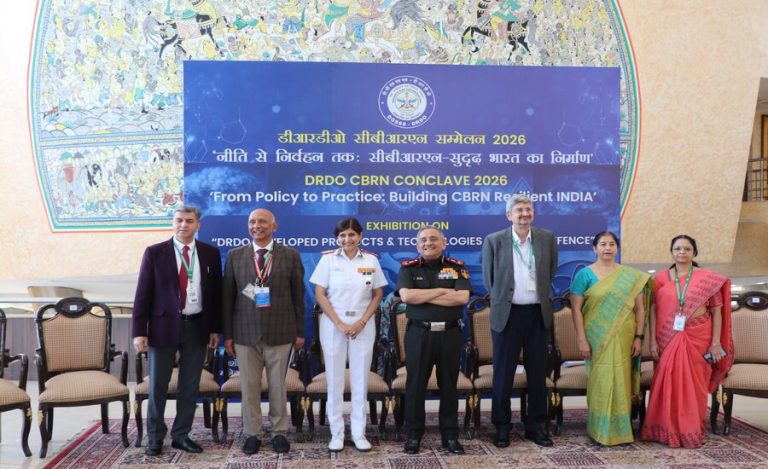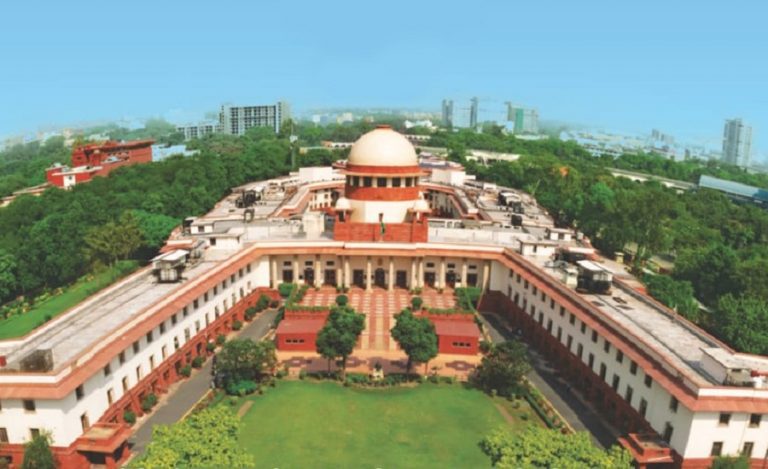New Delhi: The National Commission for Minorities (NCM), a statutory body entrusted with safeguarding the rights and interests of minority communities in India, is currently functioning without a regular Chairperson and Secretary.
This administrative vacuum comes at a critical juncture, with the Waqf Amendment Act becoming a present-day reality and a significant backlog of complaints and applications from minority communities piling up.
Leadership Vacuum Since April
Iqbal Singh Lalpura, a retired IPS officer of the 1972 Punjab cadre, completed his three-year term as Chairperson on April 12, 2025, and demitted office. Since then, the Commission has not appointed a new Chairperson, leaving a leadership void at the highest level of decision-making.
In December 2025, the central government transferred Neelam Shammi Rao (IAS: 1992: MP), who was serving as Secretary of the Commission, to the Ministry of Textiles. She was replaced on paper by Sanjay Sethi (IAS: 1992: MH), but Sethi has not assumed charge at the NCM, further compounding the situation.
Critical Time for Minority Affairs
The leadership gap comes at a particularly sensitive time for minority affairs in the country. With the recent implementation of amendments to the Waqf Act, the Commission’s role in monitoring and resolving community grievances is more crucial than ever. However, the absence of both a Chairperson and Secretary has left the Commission struggling to keep pace with a growing volume of work.
Operational Bottlenecks
Currently, the NCM is being run by a Joint Secretary and a handful of Deputy Secretaries, who are grappling with increasing responsibilities and a lack of strategic guidance. The inflow of complaints and petitions from members of minority communities has been steady, but without senior leadership, decision-making on sensitive and policy-level issues has slowed considerably.
An official familiar with the situation stated, “The Commission is in a holding pattern. There’s no clear direction on when the top appointments will be made, and that’s affecting not only morale but also the efficiency of handling community grievances.”
Eligibility
The Chairperson of the National Commission for Minorities (NCM) is typically a prominent individual from a recognized minority community with experience in public affairs. The NCM Act, 1992 does not mandate that the Chairperson must be a bureaucrat or belong to any specific profession. However, retired or experienced IAS officers with a strong administrative track record are often considered due to their expertise. The government has the discretion to appoint any qualified individual, including retired IAS officers, judges, politicians, or social activists, particularly from minority communities.
The Secretary of the NCM is generally a senior bureaucrat, often drawn from the Indian Administrative Service (IAS) or the Central Secretariat Service (CSS). The Secretary is a government-appointed official responsible for the Commission’s administrative and operational management. This position is equivalent in rank to a Joint Secretary in the Government of India. While it is common for IAS or CSS officers to hold the post, other Group A central service officers with relevant experience may also be appointed.
Concerns and Implications
This prolonged administrative uncertainty raises concerns about the effectiveness of the NCM in addressing the needs of minority communities at a time when legal, religious, and social matters demand urgent attention. With the Waqf Amendment Act bringing new dimensions to property and governance issues in minority institutions, the delay in filling key positions may hinder proactive engagement.
Observers have also noted that the absence of a Chairperson weakens the Commission’s public voice and policy advocacy, especially at a time when confidence-building measures are essential.
About National Commission for Minorities
The National Commission for Minorities (NCM) is a statutory body established by the Government of India to safeguard the rights and interests of religious minorities. Formed in 1992 under the National Commission for Minorities Act, it monitors the implementation of constitutional and legal safeguards, investigates complaints, and advises the government on minority-related issues. The recognized minority communities include Muslims, Christians, Sikhs, Buddhists, Parsis, and Jains.




























